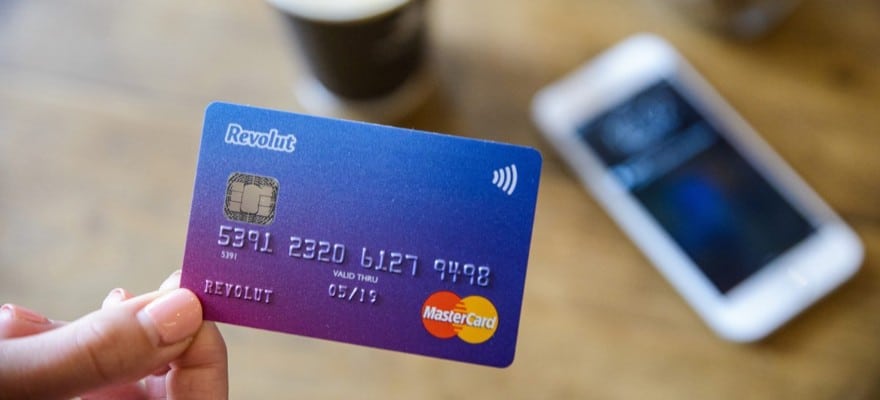Revolut offers banking services such as savings and debit cards for retail users, whilst Wirecard operates in the payment processing space for businesses. Revolut does have a banking license in Lithuania, but trades through an e-money license in Ireland, so the regulation is different to that of say BofI.
However, the premise outlined here is that because Wirecard a 'FinTech' has gone due to Fraud, that Revolut another 'Fintech' is also susceptible. My opinion, is that is an example of a casual connection fallacy. They are independent companies, and whilst Revolut has its own business model challenges. In fact, even under a more stringent regulatory environment that a banking licence brings we can't be sure that the WireCard fraud would have been caught, as regulators do not audit. Fraud of this nature is a company-specific event, so every company has an element of fraud risk associated, the Fraud at Wirecard shows no indication of this being a systemic industry-wide occurrence. My biggest concern is the strength of auditors and their ability to find fraud examples in any industry.
I agree with the points on using Revolut you are putting your trust in a loss-making technology firm, but that is a completely independent issue to the Fraud at Wirecard. I also, do not disagree with the suggestions of keeping money in Revolut, I am just trying to bring the conversation back to the original question rather debating the risk of keeping money in revolut.
My two cents, is that e-money regulation is going to be enhanced via PSD3 and other regulation in the coming years as European regulators really focus on a customer-centric platform based form of regulation. We have already seen this in PSD2 with more authority given to the EBA. Payments is still a rapidly evolving area.

